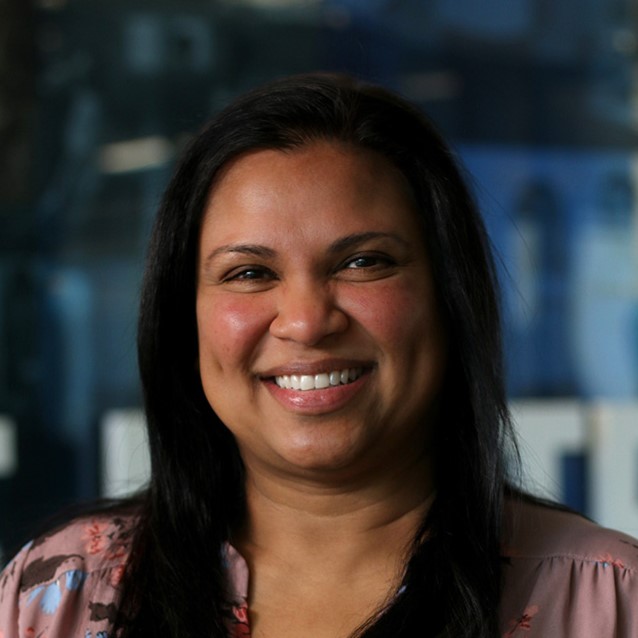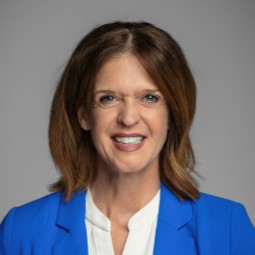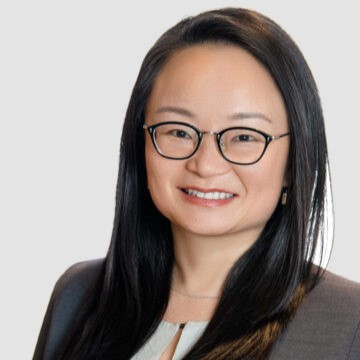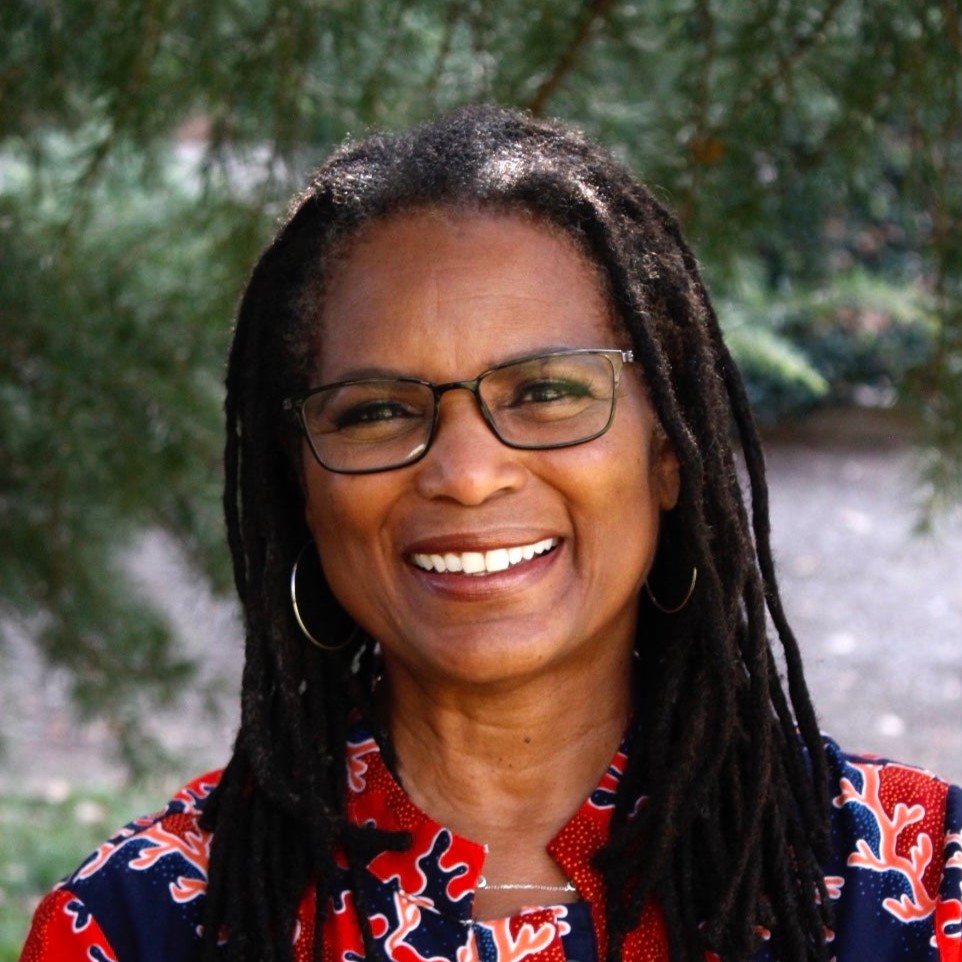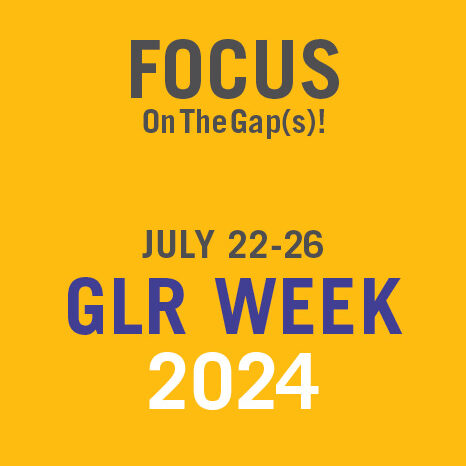
- This event has passed.
Ready, Set, Go: Two-Generation Approaches for Kindergarten Success
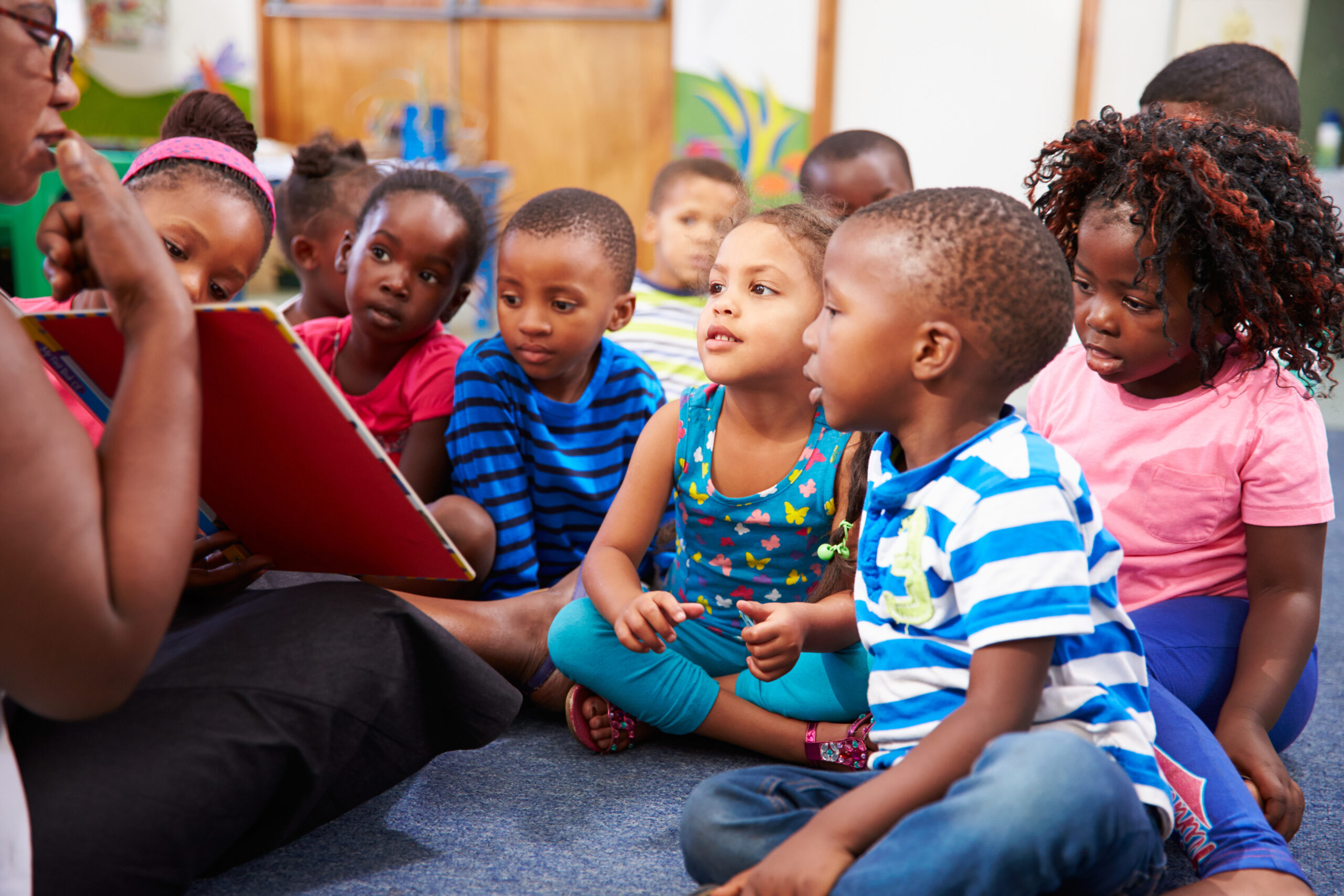
For the second year, United Way Worldwide (UWW), Ascend at the Aspen Institute and the Campaign for Grade-Level Reading (CGLR) joined forces during GLR Week to launch a three-part series focused on two-generation approaches to alleviating poverty. Led by an impressive panel comprised of national and local leaders working on the frontlines of policy and practice to guide the discussion, Ready, Set, Go: Two-Generation Approaches for Kindergarten Success, participants gained a deeper appreciation for the value of two-generation approaches for early learning success.
Kindergarten success involves not only the child and school, it also engages first and foremost families and caregivers and the community. It is the responsibility of adults, programs and systems to support children’s success, which is why two-generation approaches hold such promise for early learning success.
And there are silver linings that give us a reason to believe that two-generation approaches hold great promise. Vivian Tseng, Ph.D., of the Foundation for Child Development shared findings from her organization’s recent report: “Cut Child Poverty in Half and More: Pandemic-Era Lessons From Child and Family Advocates and Organizers.” The report highlights the extraordinary departure from underinvestment in children to the deep investments made during the COVID pandemic that resulted in cutting child poverty in half in only two years.
Ayeola Fortune of United Way Worldwide set the broader frame for how United Ways are advancing kindergarten success. She honed in on UWW’s equity approach, which appreciates the need to differentiate supports and services. “Without paying attention to differences, we may make progress, but we will not close gaps,” said Fortune. United Ways are developing goals and strategies to be systemic and multifaceted in their approaches, raising community and stakeholder awareness, making strategic resource investments, and collecting data to understand where progress is happening and where more change is needed.
To provide the local context, United Way affiliates from United Ways in Denver, Colorado, and the Columbus/Chattahoochee Valley, Georgia, reinforced two-generation approaches. Roweena Naidoo of Denver’s Mile High United Way shared that “when programs and policies are designed with the whole family’s education and economic future in mind, and families are assisted to reach the social networks and resources that they need to be successful in life, opportunity becomes a family tradition.” In Colorado, the community is wrestling with the high cost of child care, not enough child care slots and staffing shortages. In response, Mile High United Way reimagined an underutilized conference space in their building and opened the Tamara Sparks Early Learning Center. With 60 slots earmarked for children birth to age 5 from low-income families, paying teachers 20% above market rate and offering a reduced rate of care to $250.00/month, paired with a parent empowerment program, Denver is making great inroads for early learning success.
Georgia’s Chattahoochee Valley is an area of great wealth and high poverty. In 2018, a strategic planning process to organize early education work was a key driver in aligning efforts toward shared community goals. It also forced an organizational shift rooted in the realization that if they wanted to achieve improved financial security and economic mobility in adult years, a very intentional focus on educational outcomes, including during the earliest years of life, would be necessary.
Pam Romaro of the United Way of the Chattahoochee Valley added to the Chattahoochee story by sharing their work with Community Schools. Romaro defined community schools as, “a strategy that transforms schools into places where educators, local community members, families and students work together to strengthen conditions for student learning and healthy development.” The first school opened in fall 2020 and onboarded the first community school coordinator. Now with four community schools, full-time community school coordinators in each school are implementing the four pillars of community schools: 1) integrated student support; 2) active family and community engagement; 3) expanded and enriched learning, time and opportunities; and 4) collaborative leadership and practices with families at the center of the work.
Two-generation approaches to policy and practice are helping to ensure kindergarten success. As we continue to showcase bright spots worthy of attention and investment, we hope that you will join us for part two of this conversation in September where we will explore other two-generation approaches that are working across systems and sectors to create intergenerational opportunity.
Panel

